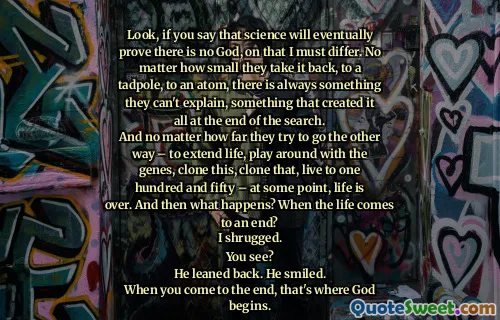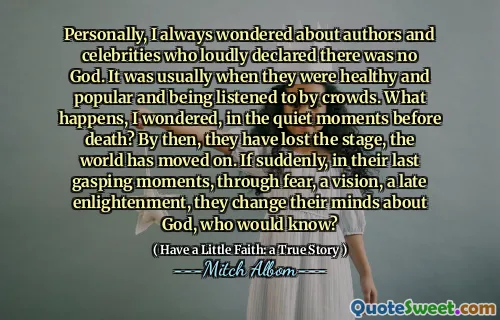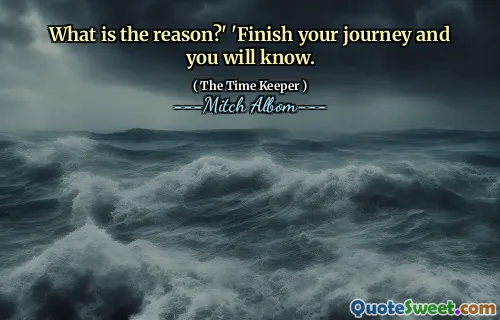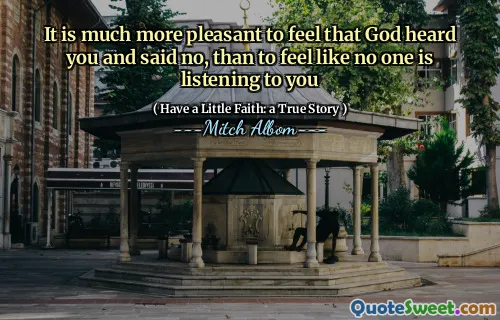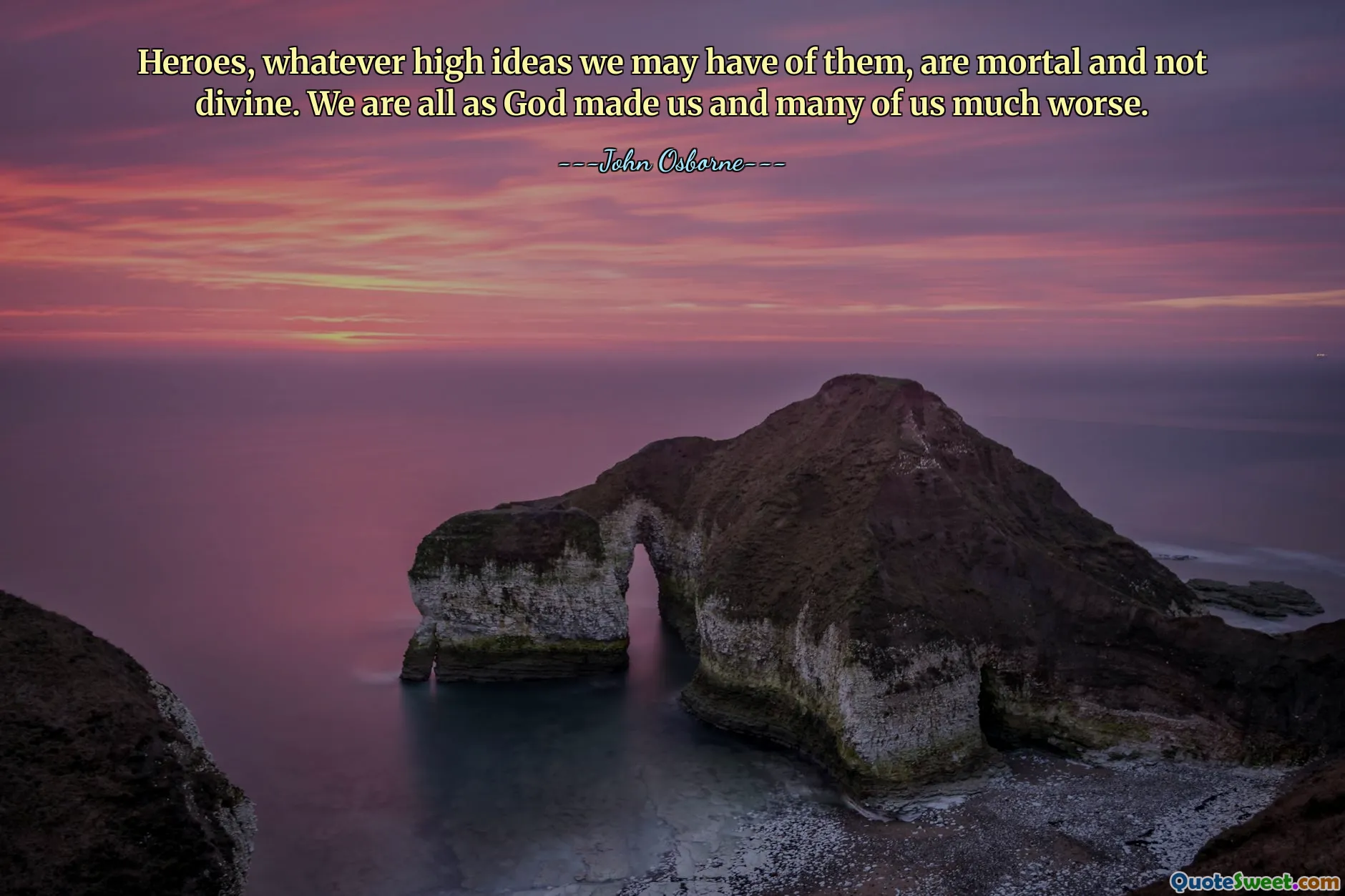
Heroes, whatever high ideas we may have of them, are mortal and not divine. We are all as God made us and many of us much worse.
The quote by John Osborne profoundly challenges the conventional idealization of heroes. Often, society elevates heroes to a near-divine status, attributing to them qualities of infallibility or supernatural virtue. Osborne's words remind us that heroes are fundamentally mortal, subject to the same flaws, limitations, and vulnerabilities as any other human being. This perspective encourages a more realistic understanding of heroism—not as perfection but as an imperfect human striving towards admirable goals.
By asserting "We are all as God made us and many of us much worse," the quote also touches upon human nature and morality. It implies a shared humanity among all people, with an honest admission that not everyone reaches heroic standards and that many fall short of ethical ideals. This can be seen as both humbling and democratizing: it strips pedestalizing illusions and suggests that the potential for heroism lies within the same conditions we all inhabit. It also subtly calls for compassion, for recognizing heroes not as flawless icons but as relatable individuals who face struggles and make mistakes.
Reflecting on this, one might consider how to recalibrate our expectations of heroism in everyday life—to appreciate acts of kindness, courage, and resilience without expecting perfection. It also brings to light the importance of accepting human imperfection within ourselves and others. In a world that often feels desperate for role models, Osborne’s insight grounds us in reality, urging an embrace of honest humanity over mythic idealization.






